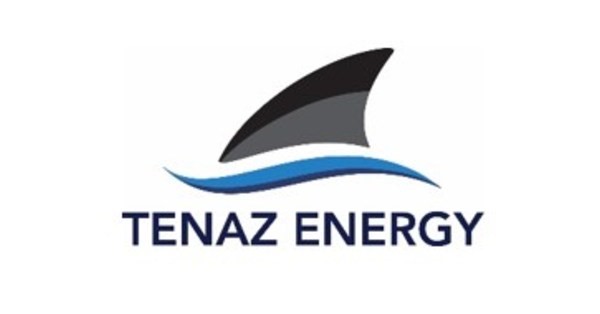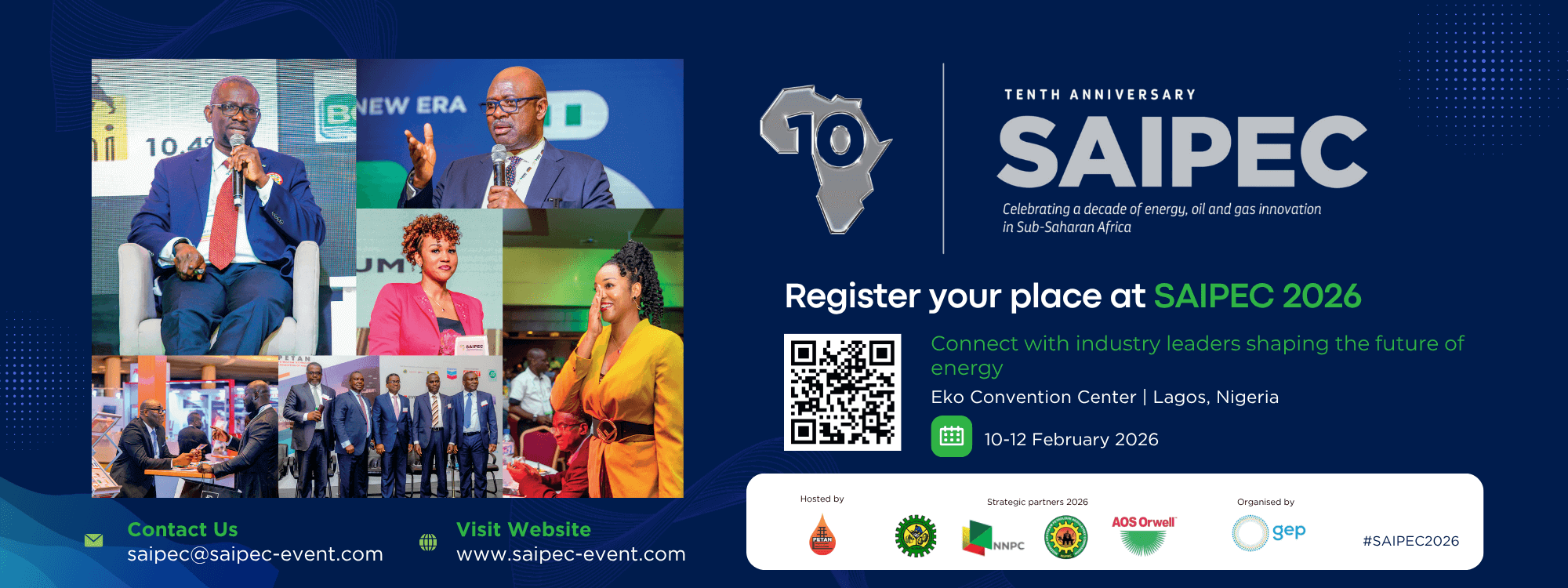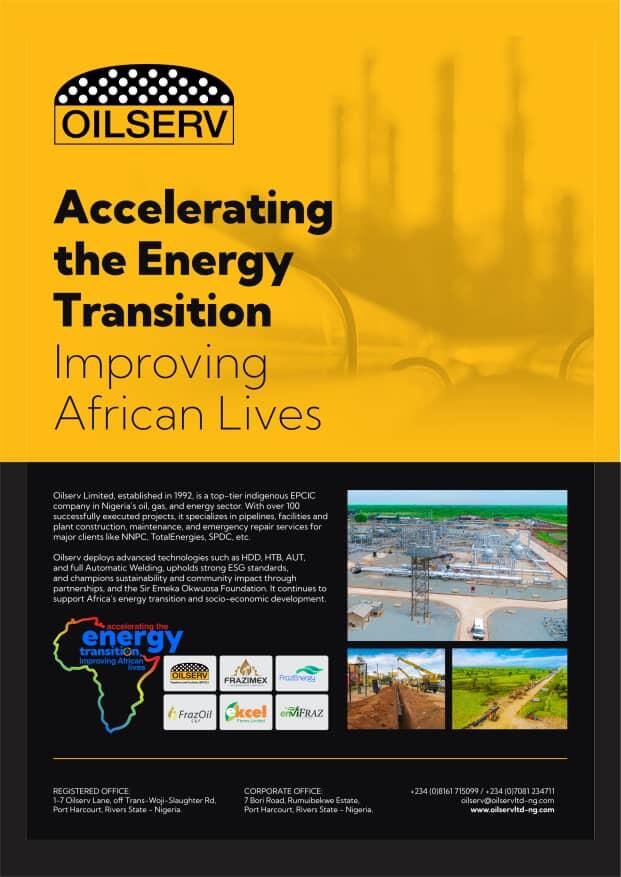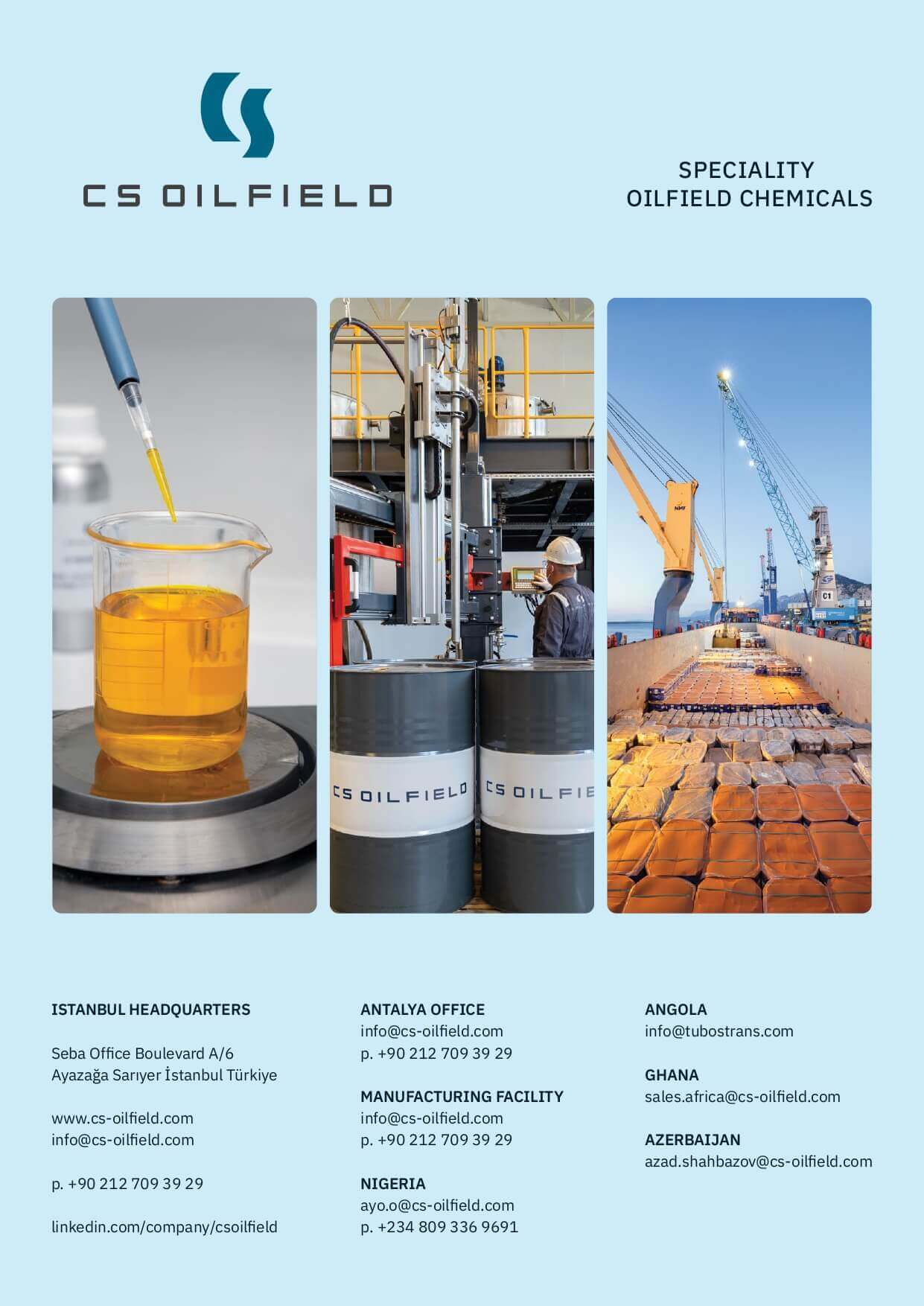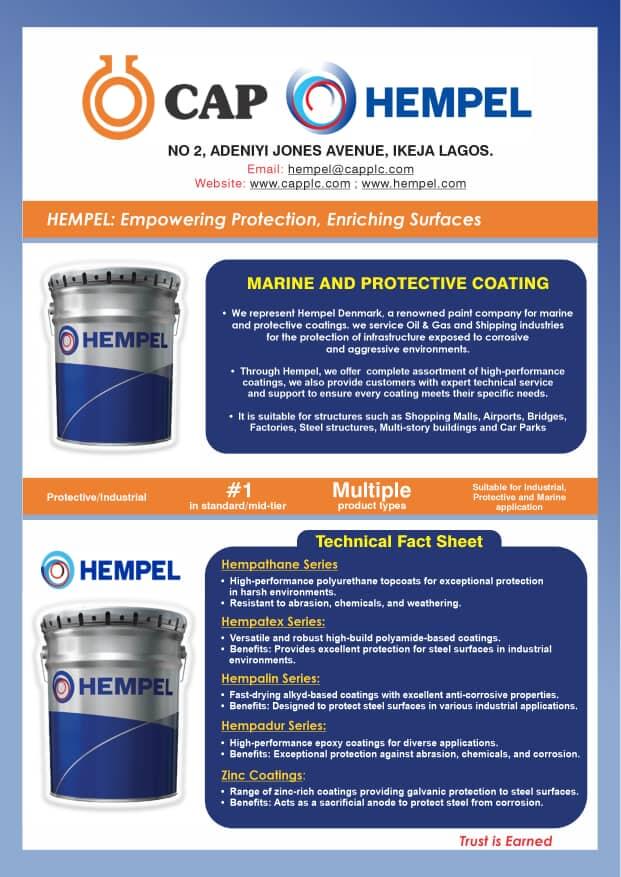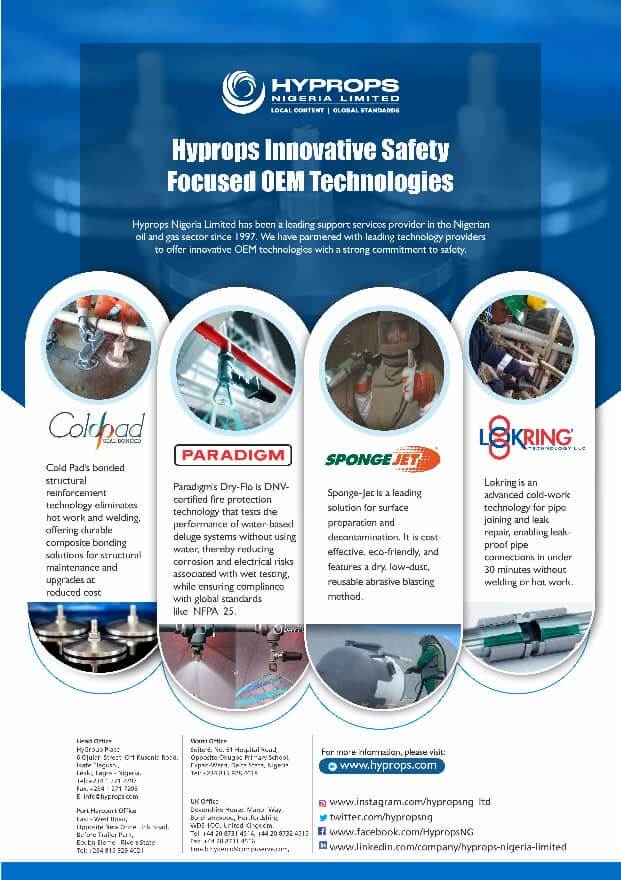Tenaz Energy has announced the closing of the acquisition of 100% of the issued and outstanding shares of a private company with Netherlands upstream and midstream assets.
Upstream Assets
The Acquisition provides Tenaz with 5 mmcf/d of natural gas production from 9 offshore licenses in the Dutch North Sea (DNS). The producing fields are located on the K9ab, K9c, K12 and L10/L11a licenses operated by Neptune Energy (Neptune), with a production-weighted average working interest of 8.4%. The producing fields include a number of unbooked optimization, development and exploration opportunities, which have the potential to increase production rate profile and reserves over time.
In addition to the licenses that are currently producing, Tenaz has acquired a position in 5 non-producing licenses consisting of 9.85% interest in the N7a license and 5% interest in the F10, F11a, F17a Deep and F18a Deep licenses. The F17a Deep license contains the undeveloped Rembrandt and Vermeer oil discoveries operated by Wintershall Dea. Wintershall has stated its intention to bring these fields to production. If approved for development by the joint venture partners, the assets are anticipated to produce at a rate of up to 20,000 boe/d gross, or 1,000 boe/d net to Tenaz. Tenaz has not attributed any reserves to these discoveries at this time.
McDaniel and Associates ("McDaniel") has completed an independent assessment of the reserves associated with the upstream assets and have assigned 809 mboe (99% natural gas) of Proved Developed Producing and 1,214 mboe (99% natural gas) of Total Proved + Probable reserves based on an effective date of November 1, 2022. McDaniel's assessment projects that the upstream assets will have a remaining productive life of 10 years.
Midstream Assets
Tenaz has also acquired an 11.34% ownership interest in Noordgastransport B.V. ("NGT"), which holds one of the largest gas gathering and processing networks in the DNS. NGT has been in operation for over forty-five years, with nearly 500 km of pipelines in the DNS. Gas transported through the NGT pipeline network is treated at NGT's onshore gas plant at Uithuizen before entering the Netherlands national grid. Over the past thirty years, NGT has had a very strong reliability record of 99.8% uptime. Tariff revenue generated through Tenaz's NGT ownership is expected to provide a stable income stream to partially offset operating costs from the producing assets.
Carbon Reduction Projects
In June 2022, Neptune (as operator), XTO Netherlands B.V., the acquired private company and the Netherlands government (through state-owned energy producer EBN Capital B.V.) signed an agreement to progress the L10 Carbon Capture and Storage Project ("CCS Project") to Front-end Engineering and Design ("FEED") stage. The CCS Project envisions reuse of the L10 hydrocarbon producing infrastructure and reservoirs to capture 5 to 8 megatons of CO2e per year for up to 30 years. The carbon dioxide for this project would be sourced from industrial emitters in and around the Port of Rotterdam, one of the largest industrial ports in Europe. The project is on track to commence FEED at the beginning of 2023, with final investment decision to be made around the end of 2023.
In addition to the potential for compelling economics provided by the European carbon market, the CCS Project could also defer decommissioning of a portion of the acquired assets significantly beyond the productive life of the hydrocarbon reservoirs. Tenaz's ownership in the CCS Project has the potential to make Tenaz carbon neutral at corporate production levels in excess of 50,000 boe/d.
Furthermore, NGT is one of two pipeline networks in the DNS to be certified as fit for service in the transportation of green hydrogen. Several DNS operators are considering the long-term repurposing of mature upstream assets as alternative energy assets, and NGT is well positioned to serve these projects in the future.
Tenaz is committed to environmental sustainability and carbon reduction. The Acquisition creates the opportunity to offset carbon emissions through a significant portion of our Company's targeted growth phase.
Financing and Accretion
Consideration for the Acquisition is in the form of the assumption of future decommissioning liabilities for the acquired assets. According to the decommissioning security agreements ("DSA") for the assets, decommissioning security required for Tenaz's interests amounts to $58.9 million (€40.9 million) as at January 31, 2022. The security required pursuant to the DSAs is scheduled to decrease to $16.9 million (€11.8 million) as at January 31, 2023, with the decrease due to several factors that go into DSA determination, which include completed decommissioning activities and increased natural gas prices in Europe. This security will be pledged from a combination of cash on hand and an expanded credit facility totalling $25 million led by ATB Financial. Tenaz expects to have fully repaid this credit facility within Q1 2023, upon the reduction of the DSA security level.
Acquisition Rationale
The Acquisition has numerous advantages:
• High immediate cash flows with minimal up-front outlay of capital, generating a very high rate of return;
• Expected increase to positive adjusted working capital position and enhanced financial flexibility upon reduction of DSA security during Q1 2023;
• Highly accretive to shareholders on key per share measures, including production, reserves, cash flow and free cash flow;
• Follow-on acquisition opportunities exist to consolidate ownership interest and to establish operating presence in the DNS, where the Tenaz team has significant previous experience;
• Establishes position in a desirable CCS Project capable of offsetting the carbon emissions from significant future growth in Tenaz production;
• Carbon capture and hydrocarbon development opportunities have the potential to significantly defer and/or reduce decommissioning costs, while providing significant investment returns; and
• Improved revenue diversification, establishing exposure to the high-margin TTF gas market, which currently has a structural supply deficit that may persist for a considerable length of time.
Industrial News
TENAZ ENERGY NOW OWNS EUROPEAN GAS ASSETS
By NOG Editorial Team
December 26, 2022
5 min read
